Amazing Miracle of Music
Healing Power of Music
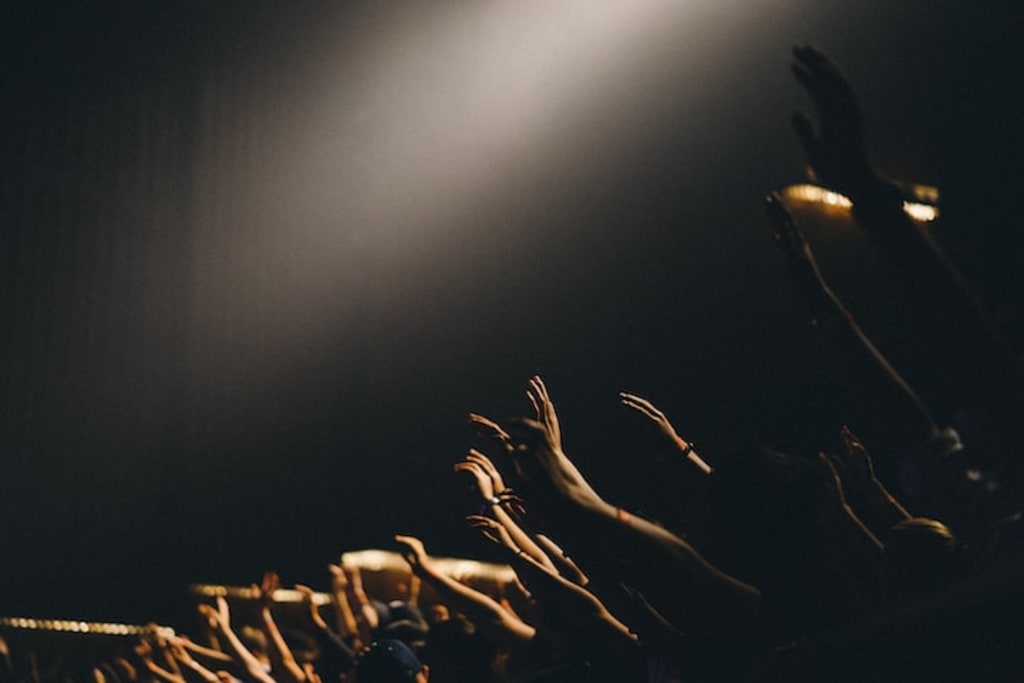
Music has long been recognized for its healing power and therapeutic effects. It has the ability to touch our emotions, uplift our spirits, and provide comfort in times of distress. Here are some ways in which music can promote healing:
Emotional well-being:

Music has the power to evoke a wide range of emotions. Whether it's through joyful melodies or melancholic tunes, music can help us process and express our feelings, providing a cathartic outlet. It can be particularly beneficial for individuals dealing with stress, anxiety, or depression.
Stress reduction:
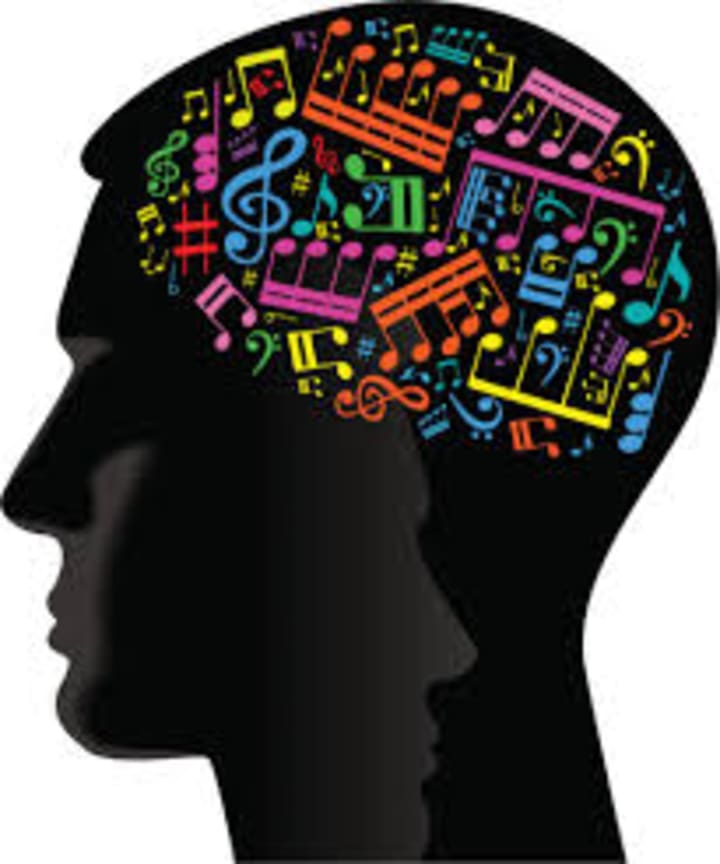
Listening to calming music can lower stress levels by reducing the production of stress hormones like cortisol. Slow, soothing melodies, such as classical or ambient music, have been shown to induce relaxation responses in the body, including decreased heart rate and blood pressure.
Pain management:
Music therapy is often used as an adjunctive treatment for pain management. Research has shown that listening to music can help reduce pain perception, lower the need for pain medication, and improve overall well-being in individuals suffering from chronic pain or recovering from surgery.
Cognitive function:
Music has a positive impact on cognitive abilities. It can enhance focus, concentration, and memory retention. Playing a musical instrument or engaging in active music-making stimulates various areas of the brain, promoting neuroplasticity and potentially slowing cognitive decline associated with aging or neurological disorders.
Physical rehabilitation:
Music therapy plays a crucial role in physical rehabilitation settings. It can be used to improve motor skills, coordination, and balance. Rhythmic music can assist in the rehabilitation of individuals recovering from strokes, traumatic brain injuries, or other physical impairments.
Social connection:
Music has the power to bring people together and foster a sense of community. Participating in group music activities, such as singing in a choir or playing in a band, promotes social interaction and can alleviate feelings of loneliness or isolation.
SHARE YOUR VOICE

Music has a unique ability to facilitate interactions and create meaningful connections among individuals. Here are some ways in which music can enhance social interactions:
Shared experiences:
Music provides a common ground for people to connect and share experiences. Attending concerts, music festivals, or even casual jam sessions can bring individuals together, fostering a sense of unity and shared enjoyment.
Icebreaker and conversation starter:
Music can serve as an icebreaker in social settings. It can spark conversations and help break the initial barriers between people. Discussing favourite artists, genres, or songs can lead to meaningful interactions and the discovery of shared interests.
Emotional expression:
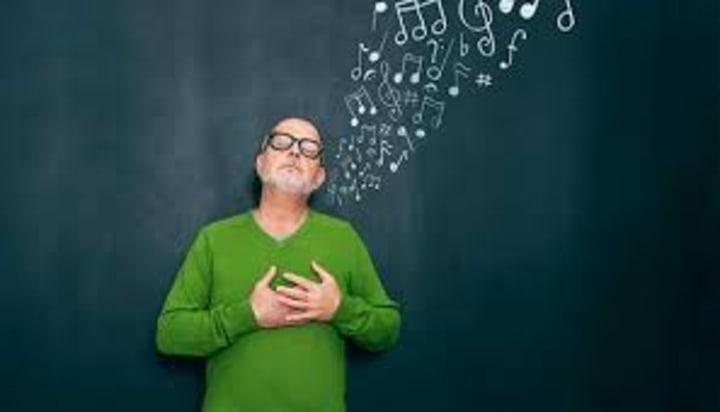
Music has the power to evoke emotions and create a safe space for emotional expression. By sharing music that resonates with their feelings, individuals can open up and connect with others on a deeper level. It can facilitate empathy and understanding among people, leading to more authentic and intimate interactions.
Collaborative music-making:
Engaging in collaborative music-making activities, such as playing in a band or singing in a choir, requires teamwork and cooperation. These activities promote communication, coordination, and mutual respect among participants. It provides a platform for individuals to interact and contribute to a collective creative process.
Cultural exchange:
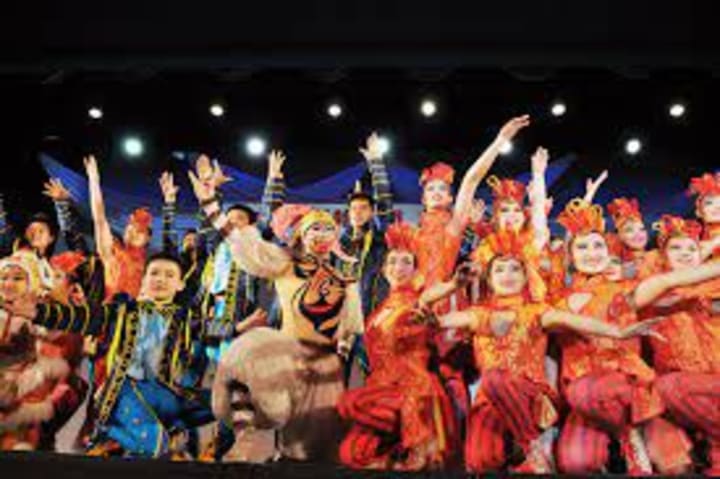
Music is deeply rooted in culture and traditions. Sharing music from different cultures or genres allows for cross-cultural interactions and promotes a broader understanding of diverse perspectives. It can spark curiosity, appreciation, and dialogue about different musical traditions, fostering cultural exchange and mutual respect.
Dancing and movement:
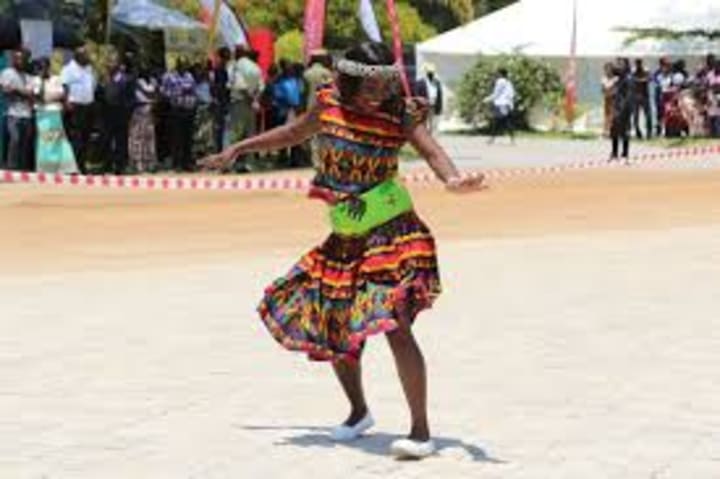
Music often inspires movement and dance. Participating in dance activities or social dances allows individuals to engage physically with others, breaking down barriers and promoting nonverbal communication. Dancing together can create a sense of unity and joy, enhancing social interactions.
Overall, music serves as a universal language that transcends boundaries and facilitates connections between people. It can bridge gaps, ignite conversations, and create memorable experiences, leading to stronger social bonds and a sense of belonging.
The air sings
Indeed, the concept of the air "singing" can be a poetic and metaphorical way to describe the sounds and melodies that surround us in nature. When we take a moment to listen closely, we can perceive various natural sounds that resemble a form of singing.
For instance, the rustling of leaves in the wind might be compared to a gentle whispering or a soft melodic hum. The chirping of birds, the buzzing of insects, and the rhythmic crashing of ocean waves can all be seen as elements of a natural symphony. These sounds blend together harmoniously, creating a unique auditory experience that can evoke a sense of tranquillity and wonder.
Moreover, the air itself can carry vibrations and sounds that we may not always consciously perceive. The movement of air molecules can create subtle resonances and atmospheric tones that contribute to the overall soundscape of an environment. In this sense, the air itself can be seen as an ethereal singer, filling the space with its unseen melodies.
While this poetic interpretation of the air singing may not be a literal representation, it highlights our ability to appreciate the subtle sounds of nature and find beauty in the ambient music that surrounds us. It encourages us to be present, attuned to our surroundings, and to recognize the harmonious qualities that exist in the world around us.
It's important to note that the healing power of music can vary among individuals, and different genres or styles of music may have varying effects on different people. What works for one person may not work for another. It's essential to explore and find the types of music that resonate with you personally and have a positive impact on your well-being.
About the Creator
Omotayo Adisa
My Name is Tayo. I am a professional Accountant. I am a writer, A musician and a Data analyst.



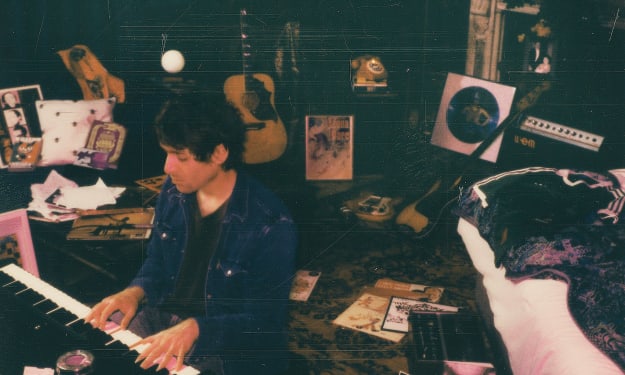

Comments
There are no comments for this story
Be the first to respond and start the conversation.